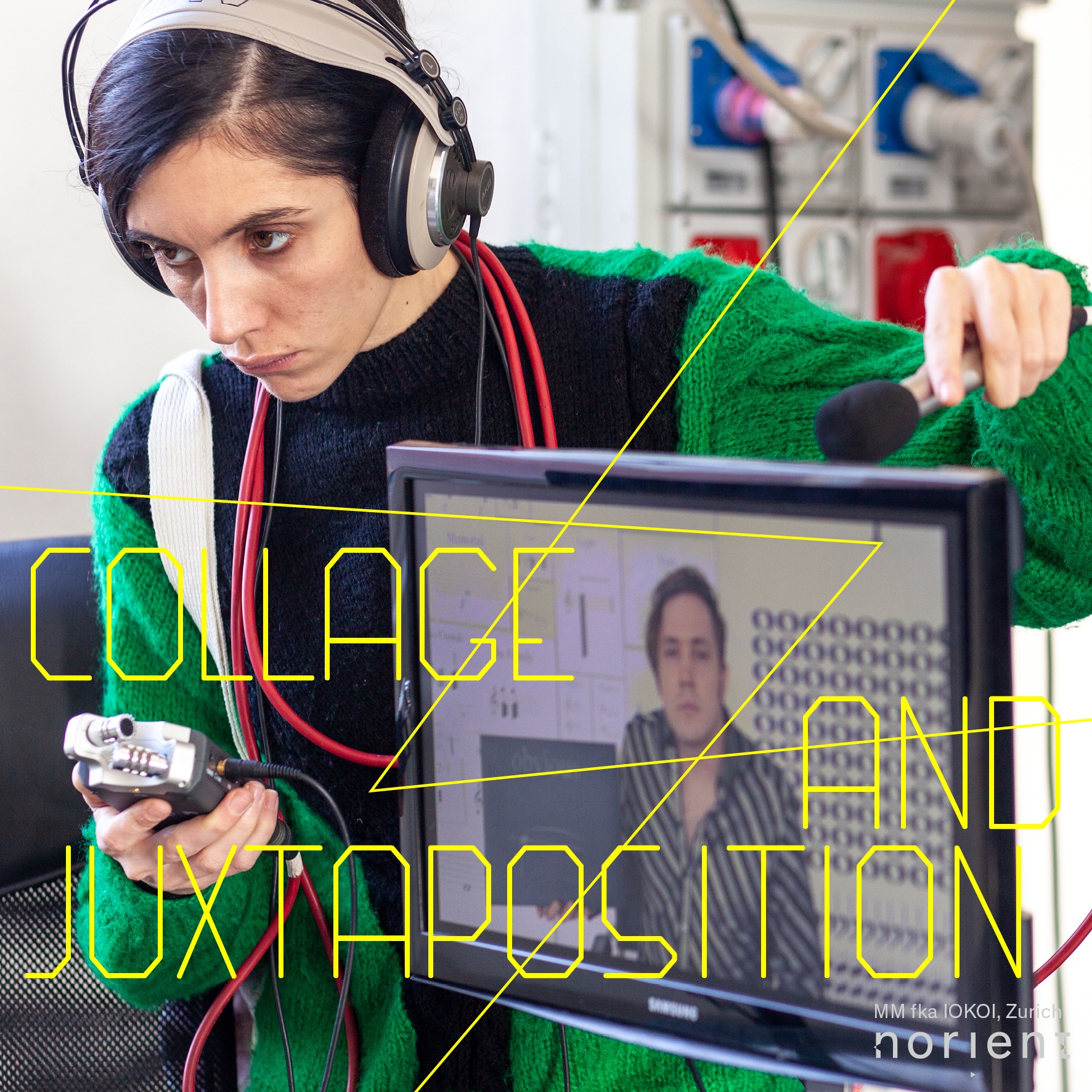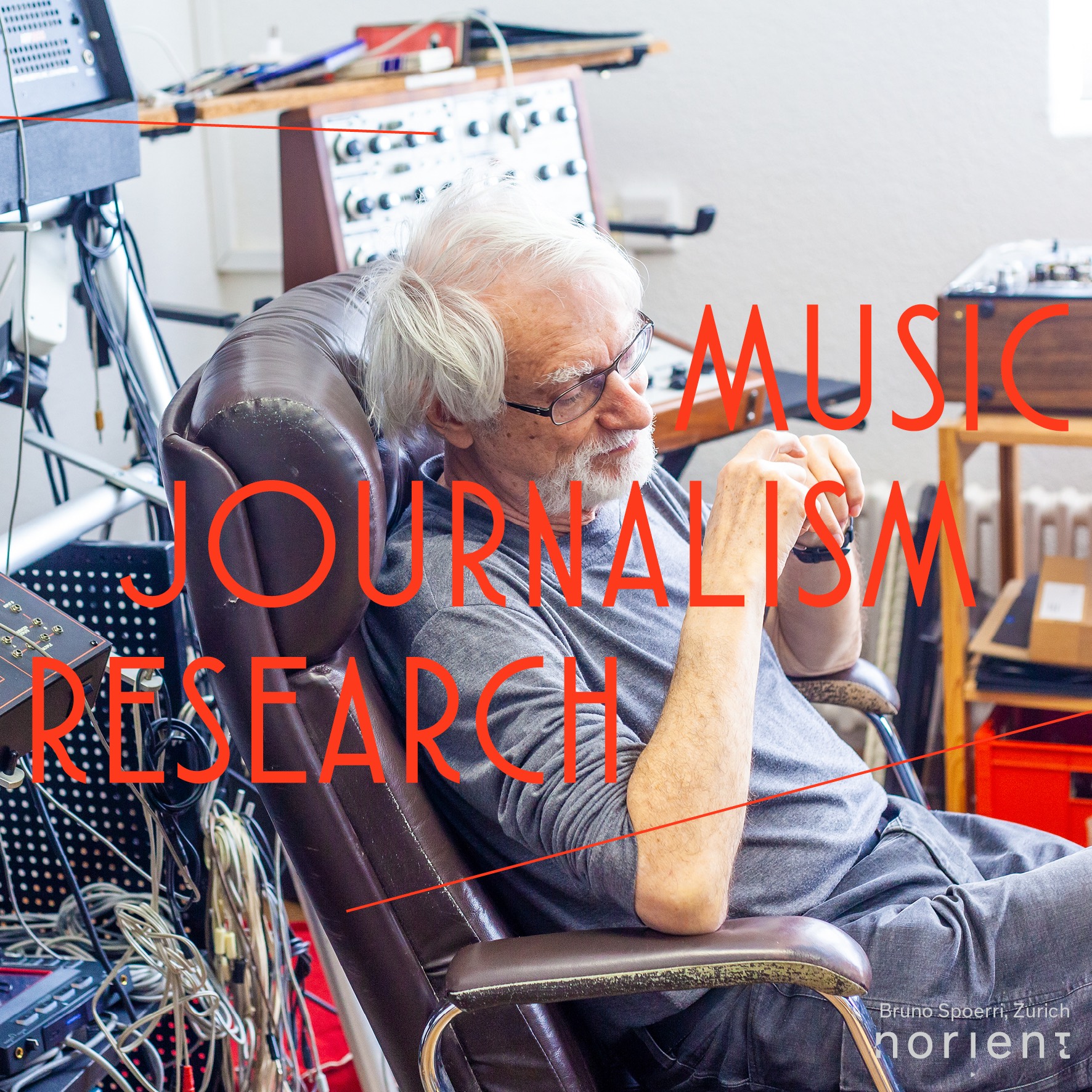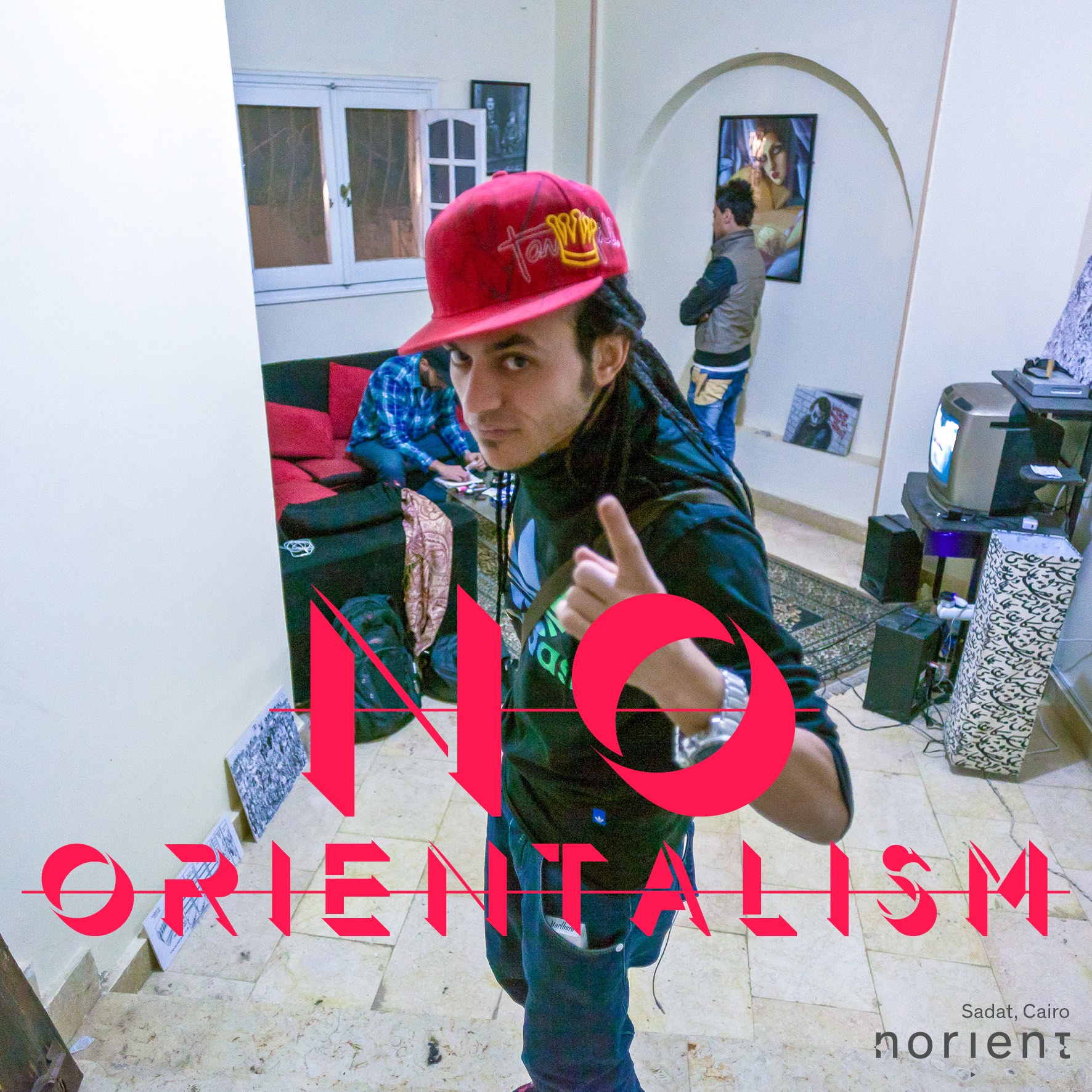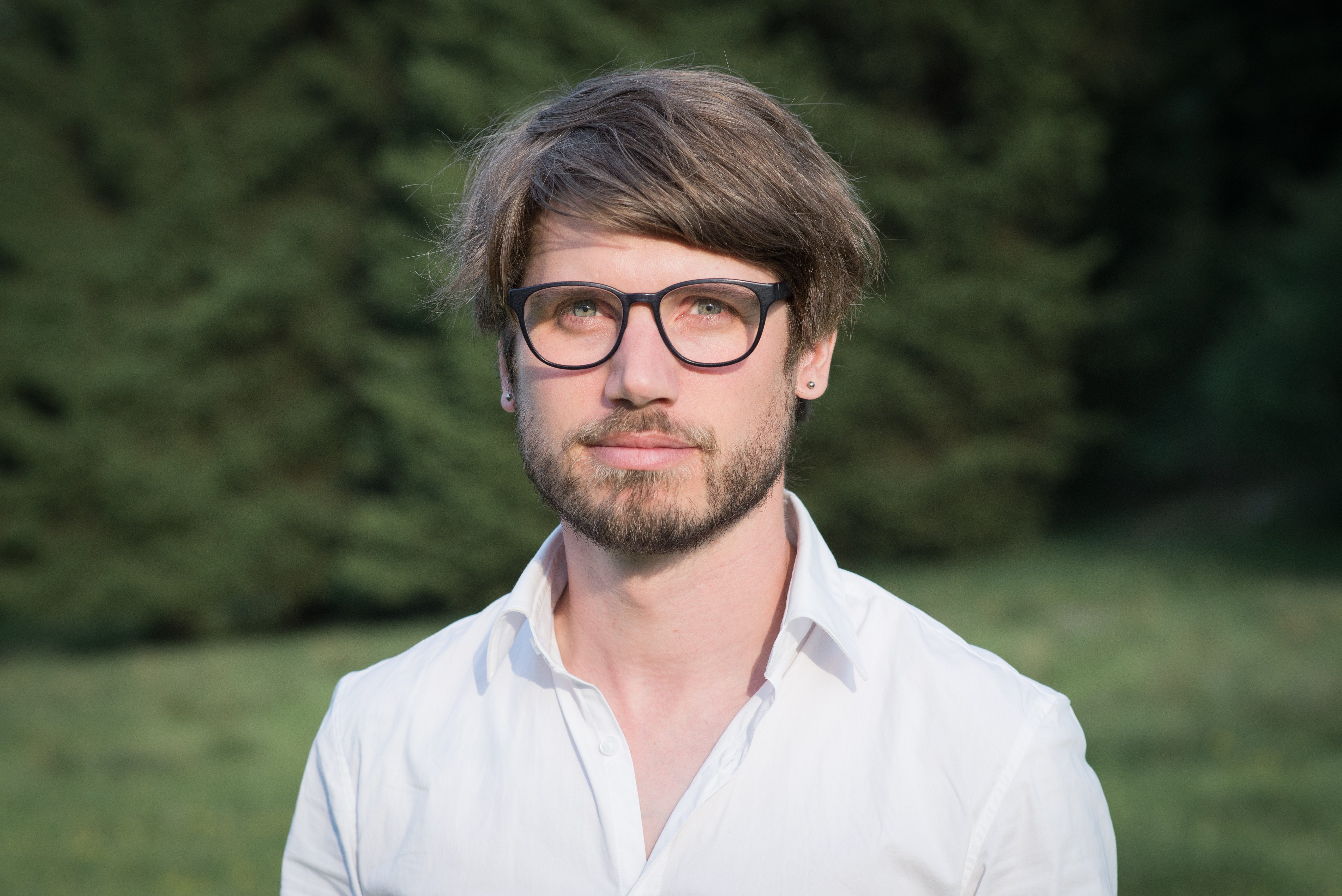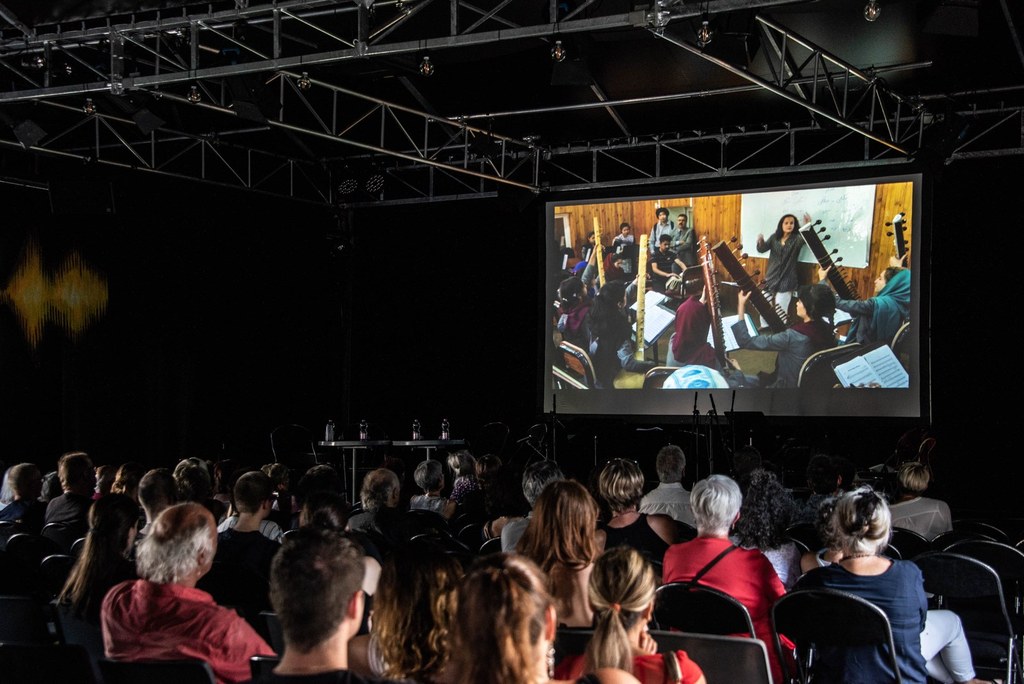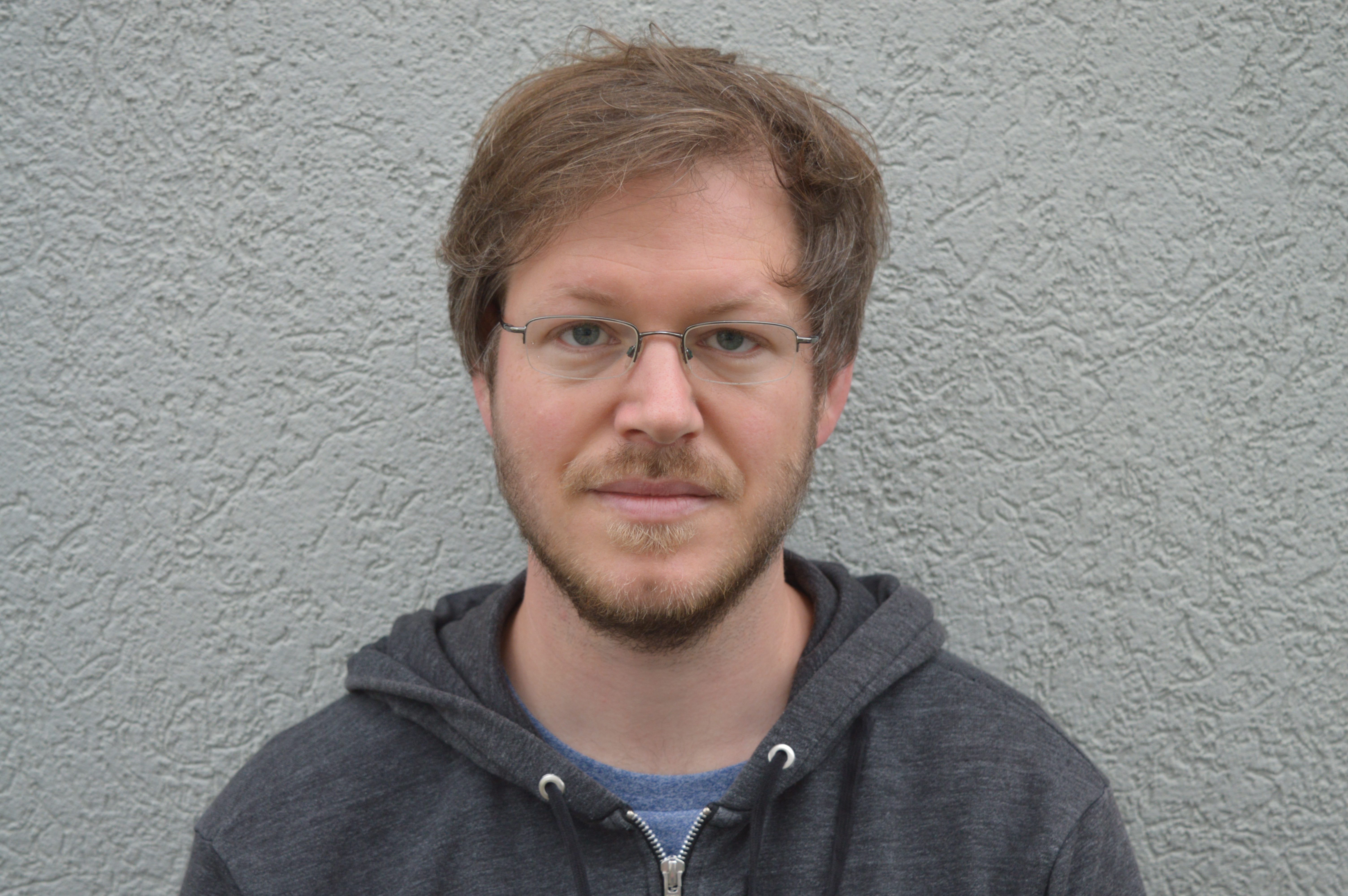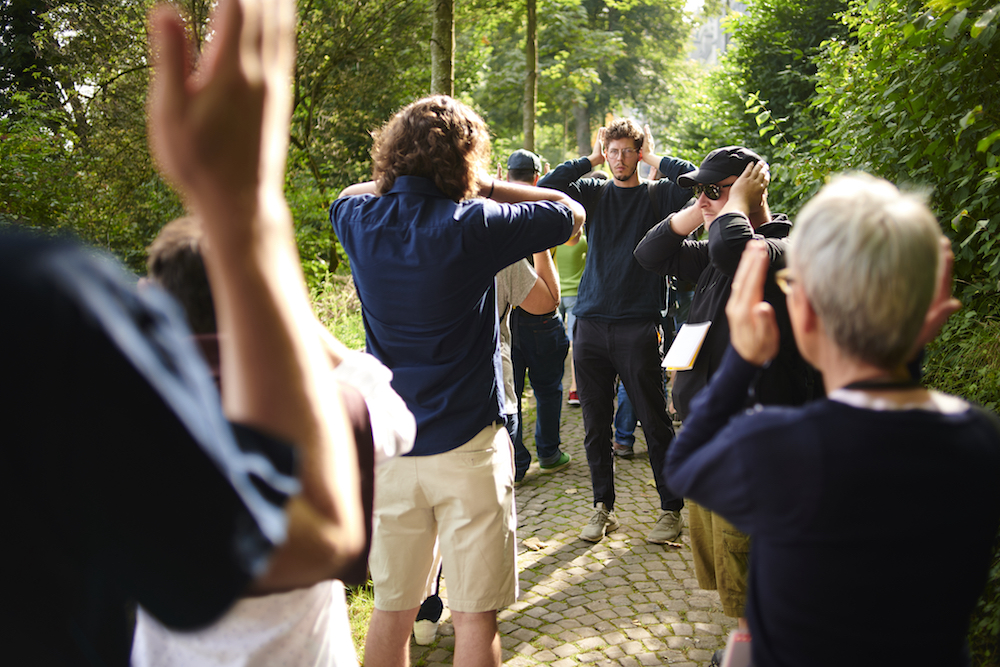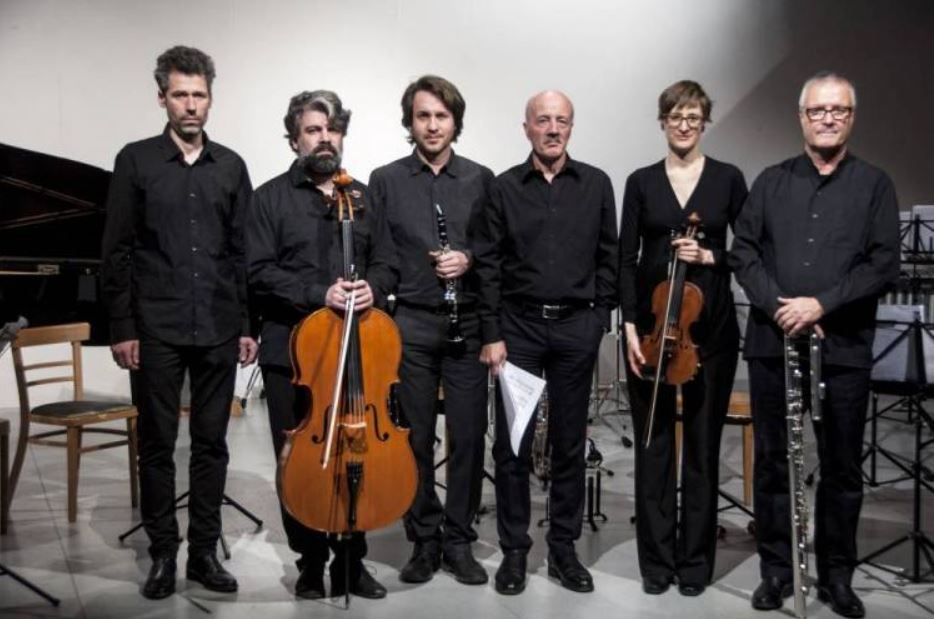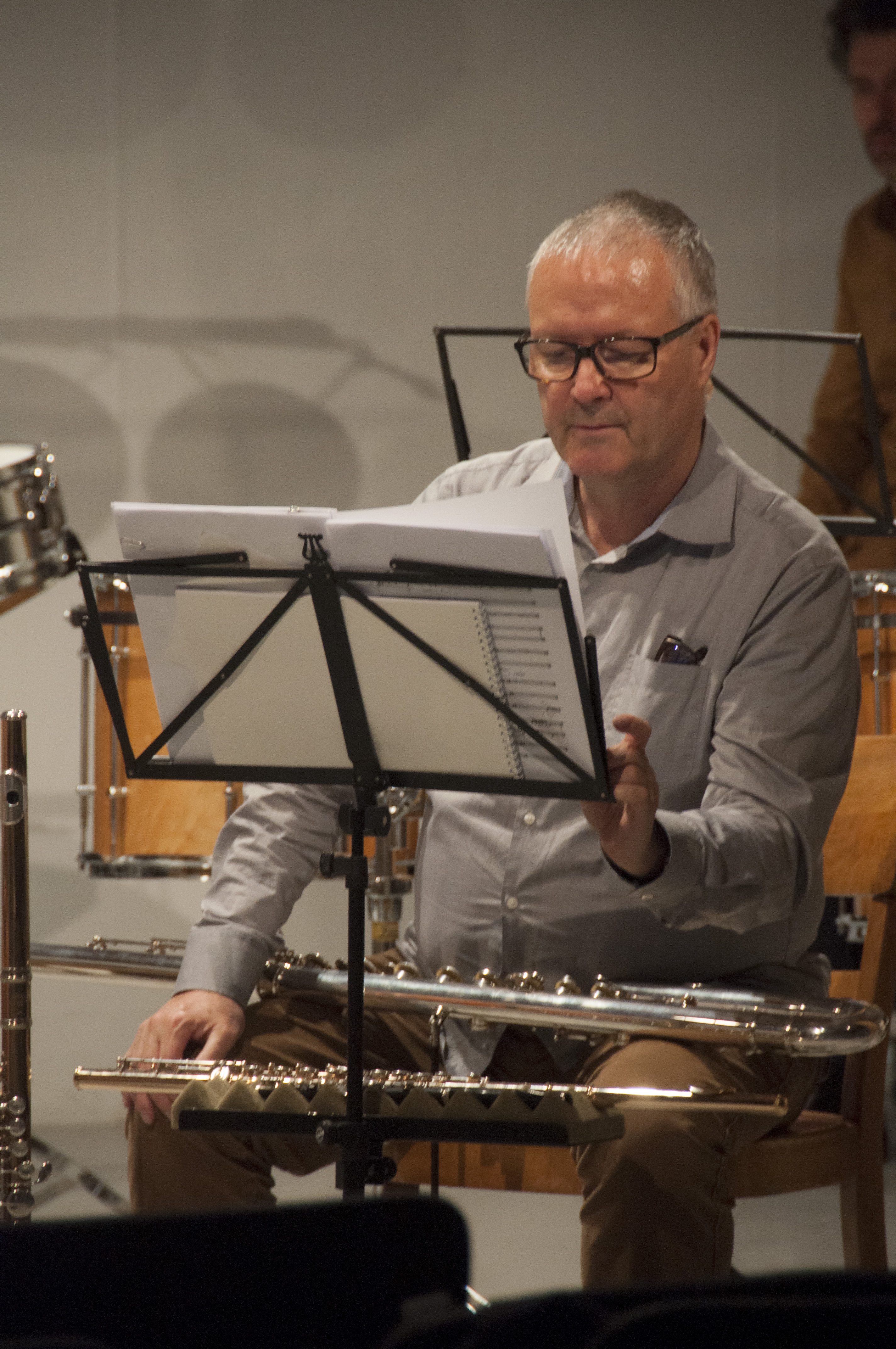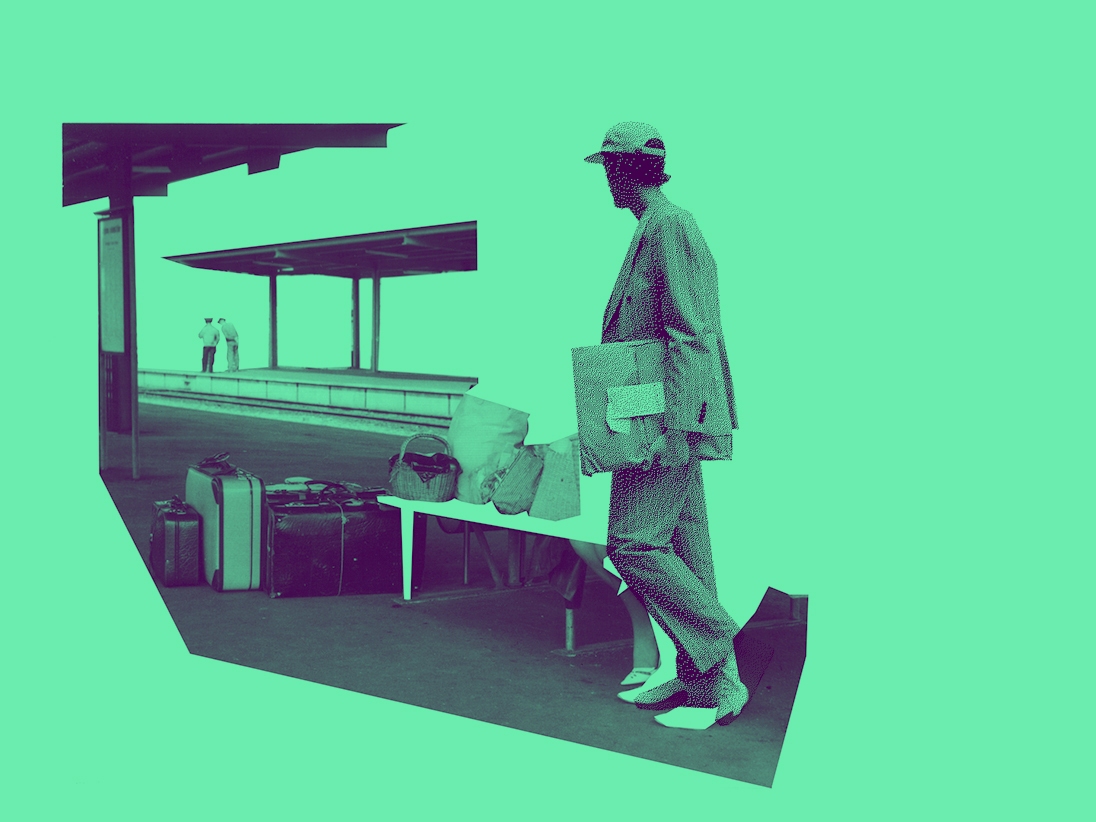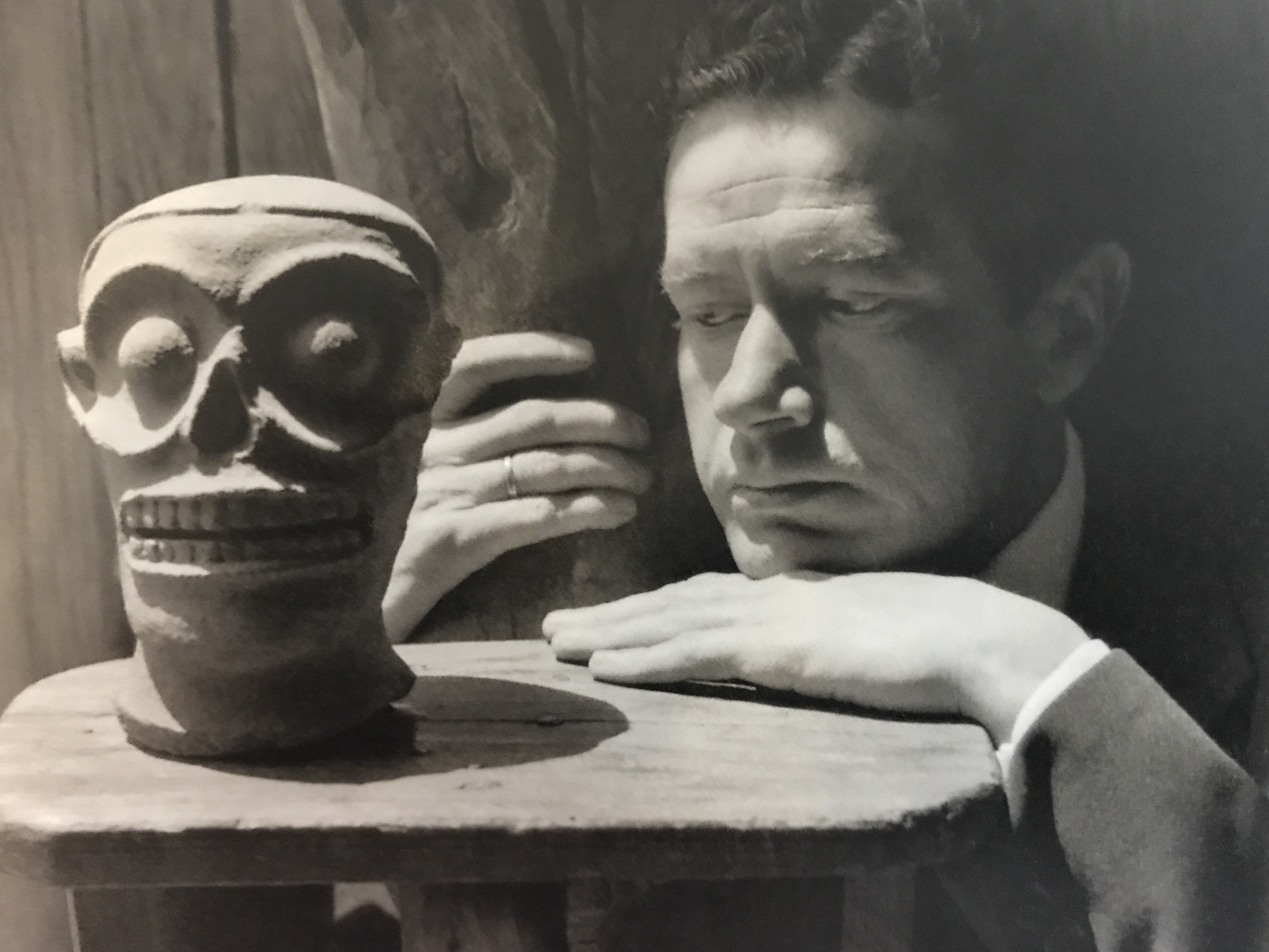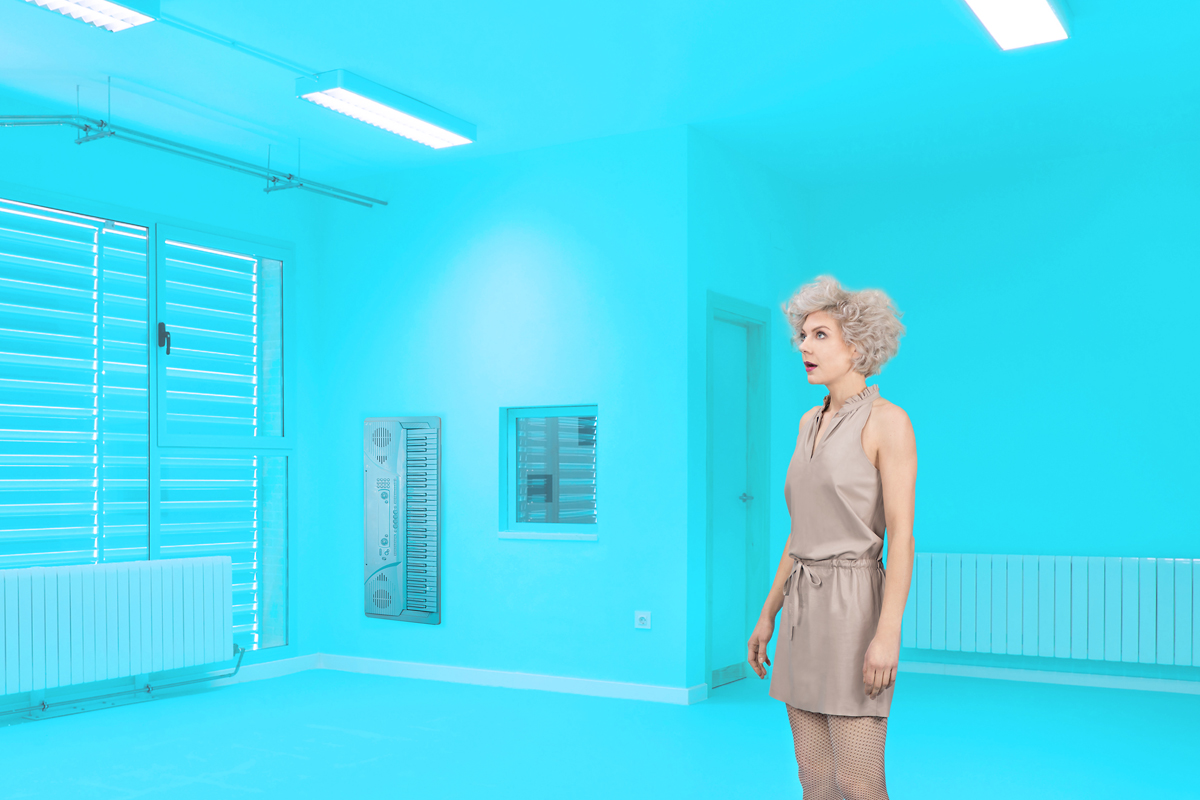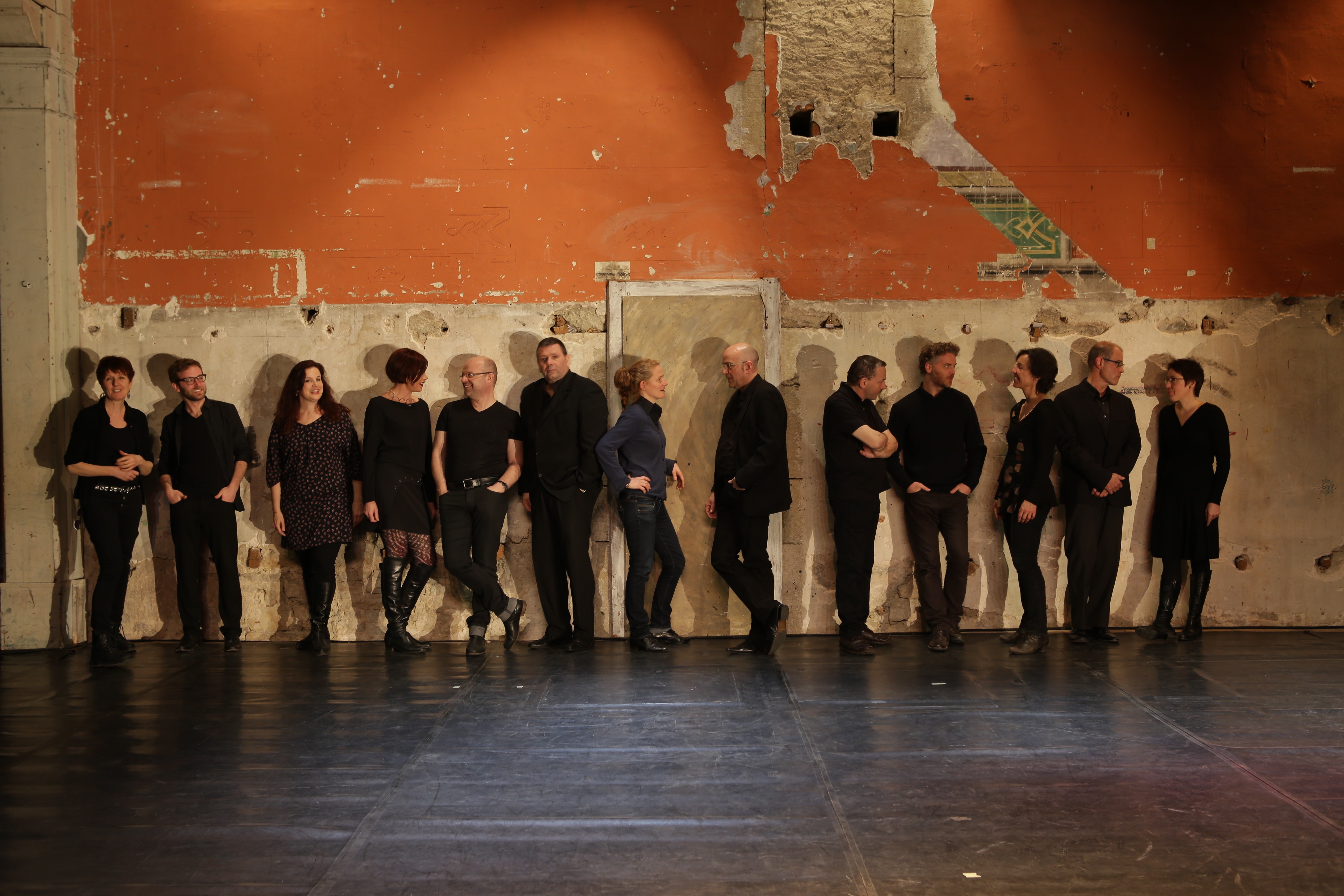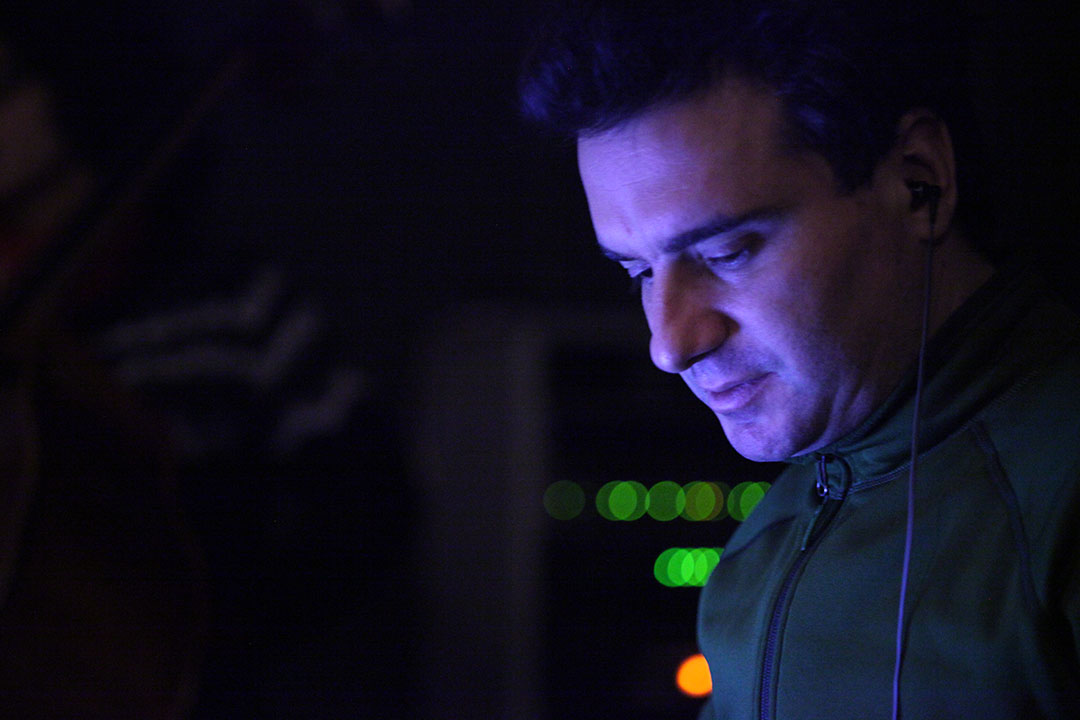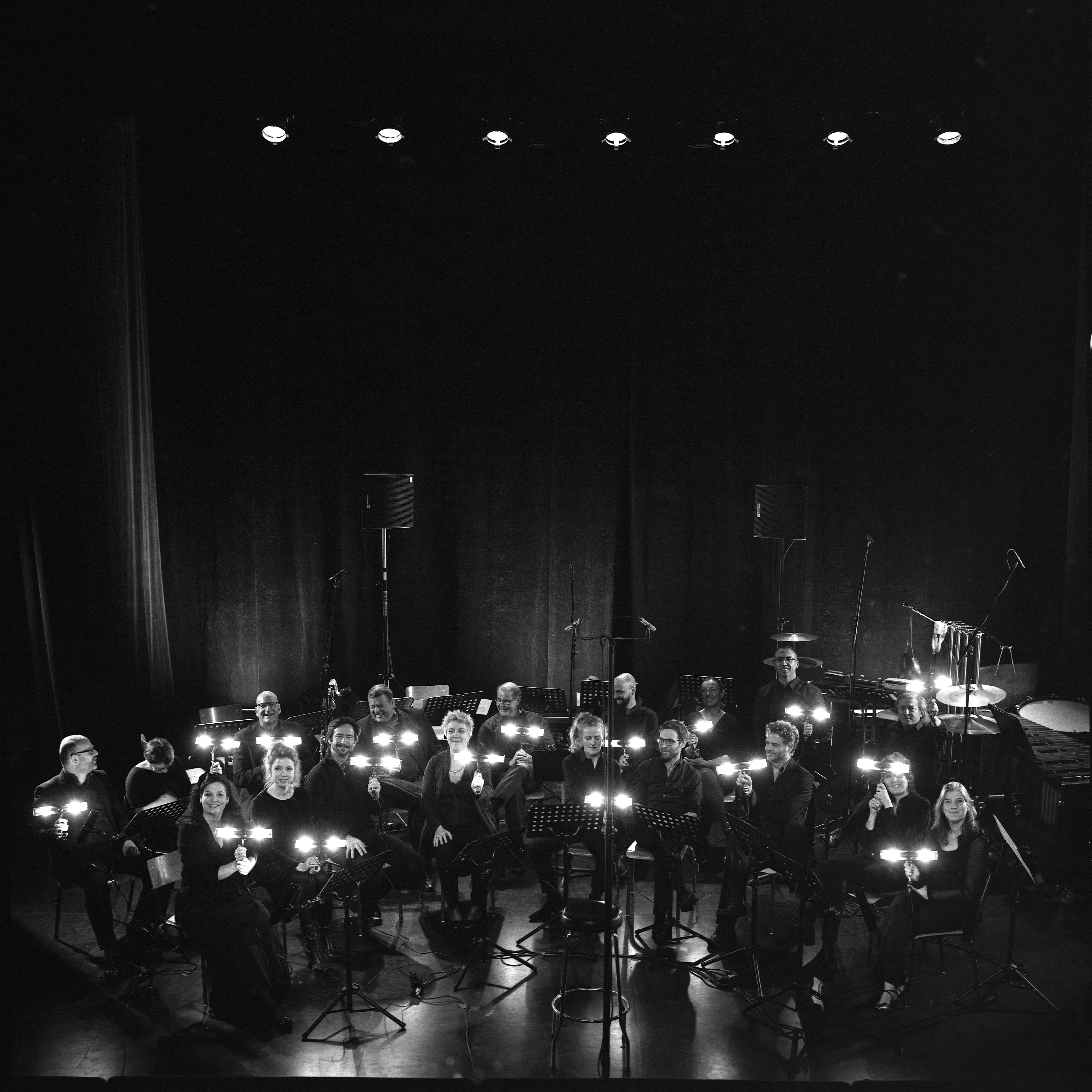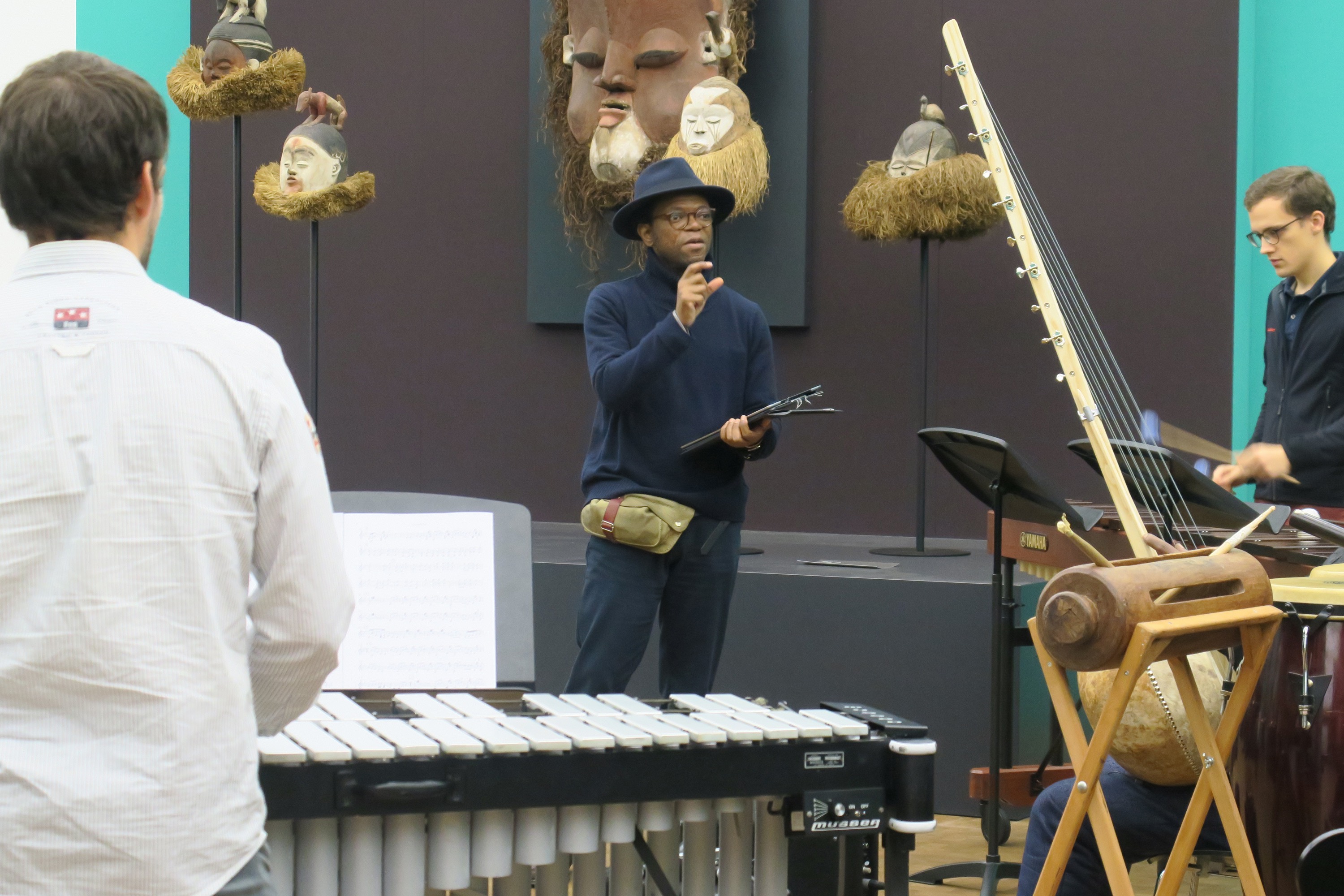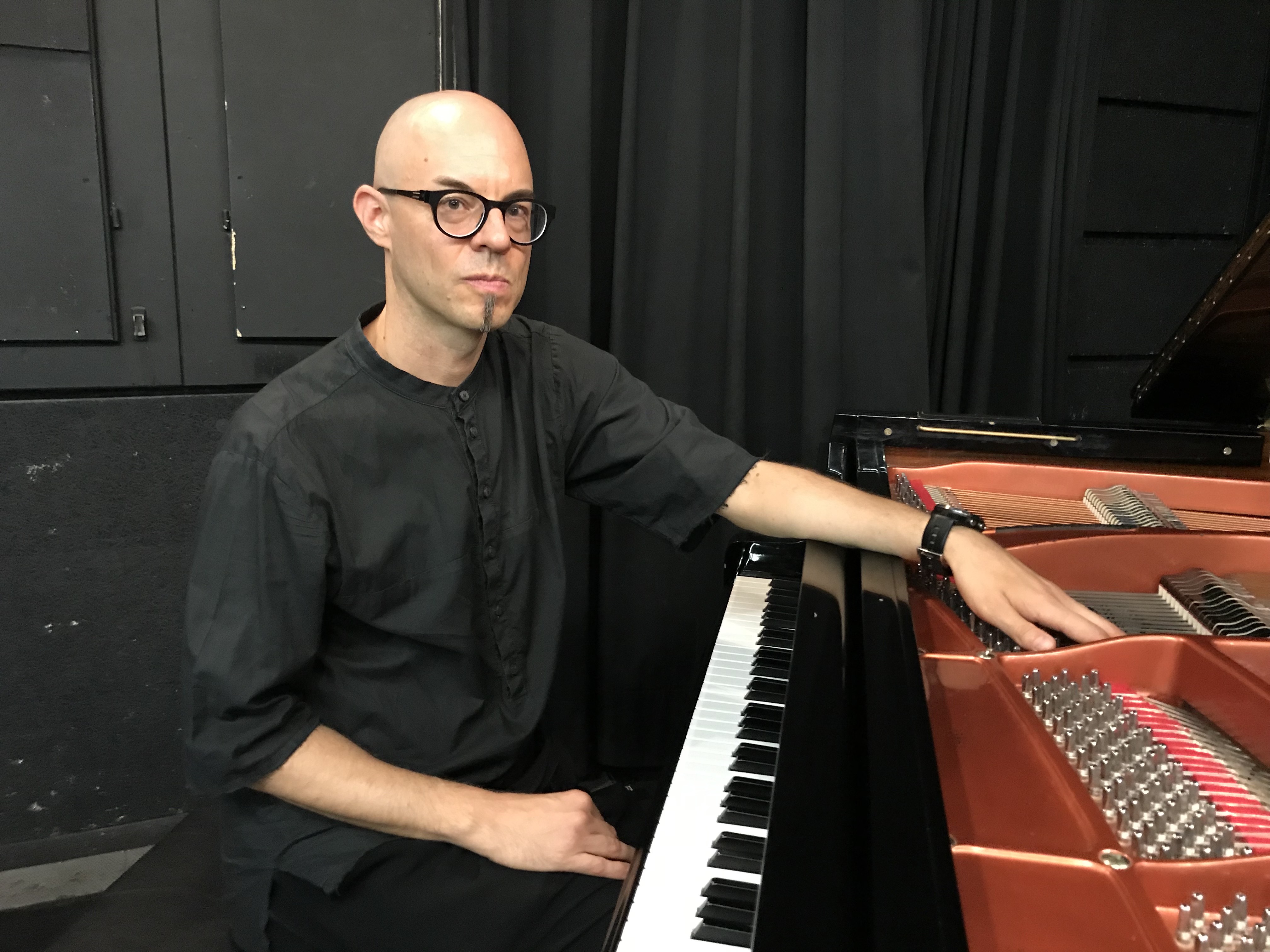On July 4 and 5, the closed-down chemical factory of Uetikon am See will host Al(t)chemiefestival, a small, carefully curated music festival presenting a wide musical spectrum ranging from classical to contemporary music, performance and sound art. The disused factory site is of particular importance in the festival context.
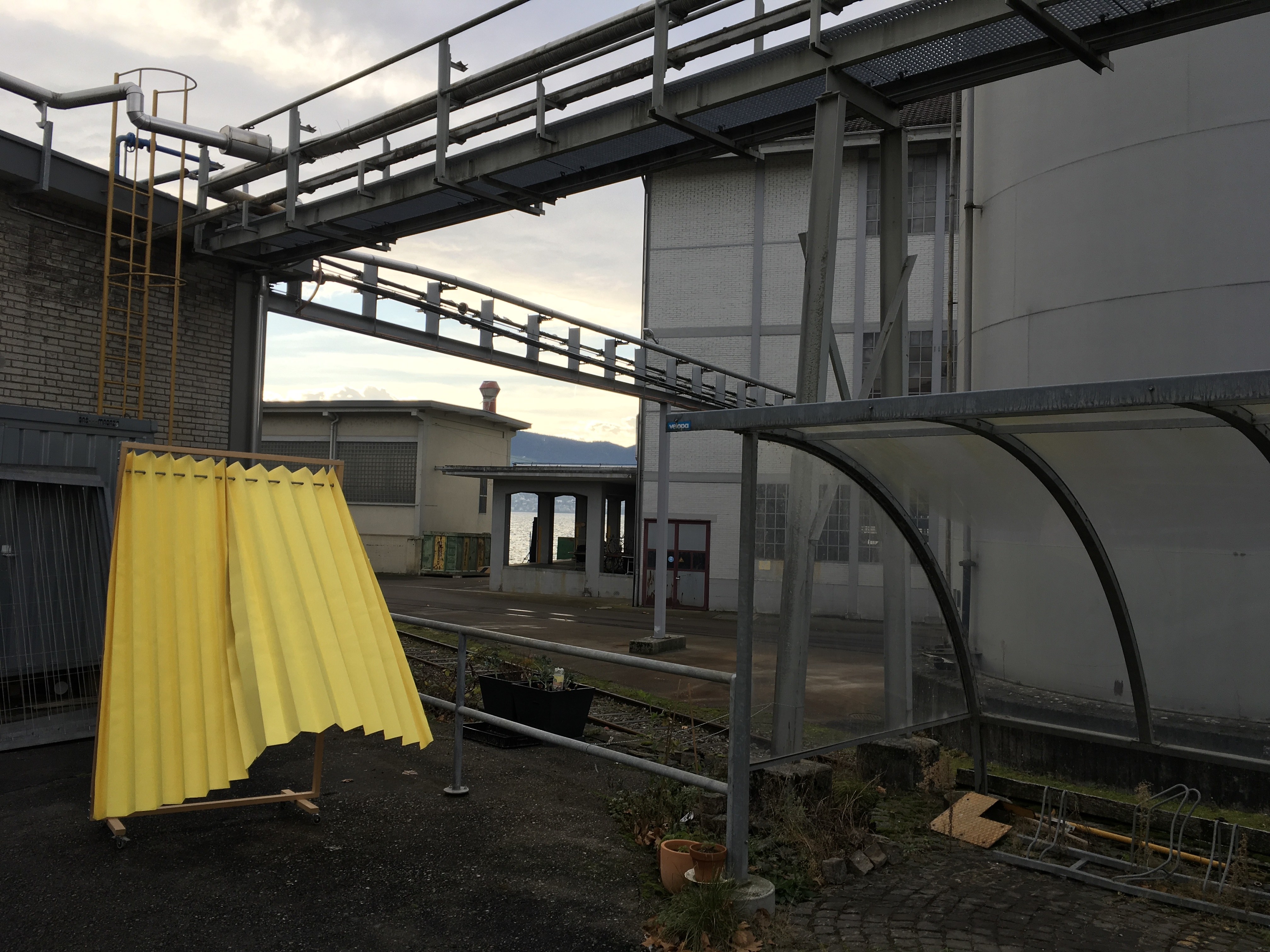
“Die Chemische” as it’s lovingly called, is a 200-year-old chemical factory and a monument of industrial culture situated in a prime location on the lake of Zurich.
A new complex will be built there by 2028, hosting a school, offices, apartments and commercial premises. Currently artists and musicians have established studios and workshops there, as the large area will be used for cultural purposes until the conversion is completed.
Marcel Babazadeh, sound engineer, and Sophie Krayer, stage designer, have been running the Klang und Raum studio in the “Chemische” for some time now, offering sound consulting for public spaces and creating artistic projects that combine music with space. During the lockdown, the Atelier caused a sensation with live streaming of digital concerts, during which an enthusiastic social media community of well over 1000 people came together each Monday.
This is how the idea of Al(t)chemiefestival came to life.
Pianist Tamriko Kordzaia has been working with the duo for a long time and contributed to the Digital Concerts with a contemporary solo recital. She is the third member of the curators-directors team.
Tamriko Kordzaia, Karolina Öhman, Iannis Xenakis (Artarea 2020)
According to Kordzaia, the idea of promoting the musical side of the area through a festival had been around for some time now. Corona had initially inhibited the plan, but as the restrictions loosened up it became an inspiration to spontaneously take up the idea again. And – especially due to numerous requests for participation from ” starving ” artists – the project took off and expanded into a two-day festival.
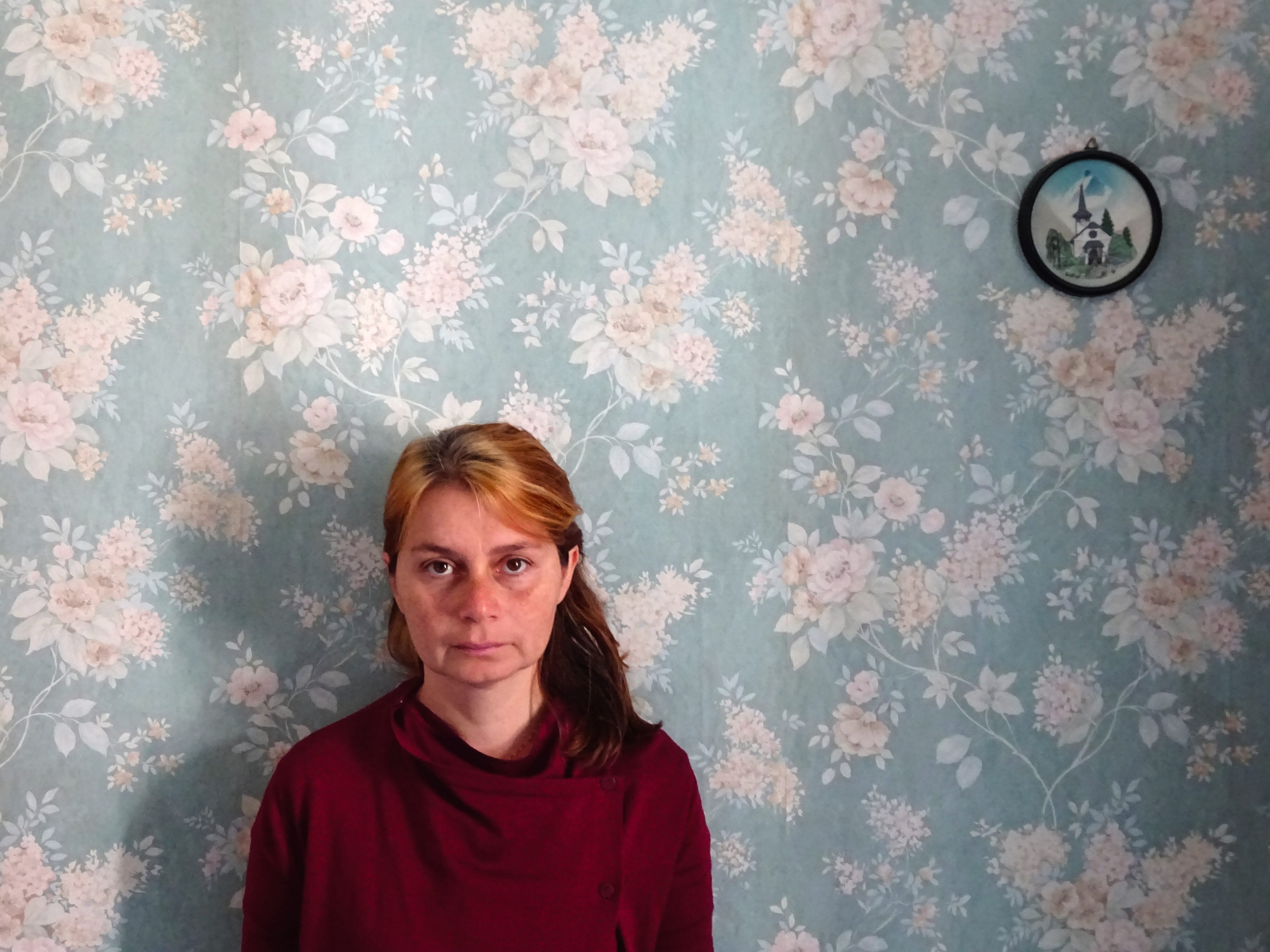
Furthermore, the area is perfect regarding the current corona guidelines. According to Kordzaia: “One can play in different rooms and change places, play music indoors and outdoors, but also take a walk by the lake in between or simply linger”. For example, one concert takes place in a vintage furniture hall, while others take place outdoors.
“we would like to take advantage of the artistic synergies of the entire area” (Kordzaia)
The place is not just a backdrop for the festival, according to Babazadeh “We are in dialogue with the space, with the place and also with history”.
With the Al(t)chemiefestival, the trio of directors wants to set an example. Kordzaia says: “Through Corona and the paralysis of all artistic activities, it is important to us to involve as many musicians from the area as possible and to give them the opportunity to play”.
The musical leitmotif of the festival is very personal, as musicians perform pieces of their own choice that they have been working on intensively during the lockdown, freshly created compositions or projects that were postponed during the break. Trombonist Nils Wolgram, for example, presents new pieces of a CD that will be released in autumn.
Nils Wogram: Sneak Preview, Soloprogramm 2020
The line-up includes both new and traditional works: composer Stefan Wirth for instance plays his own but also Beethoven’s piano works and Dominique Girod performs outside on the double bass.
There is also electroacoustics, for example by Nicolas Buzzi, as well as a sound installation, a “sonic sphere”, by Krayer and Babazadeh.
Nicolas Buzzi: ssssscccccaaaaallllleeeee, 2019
“Al(t)chemie” or “alchemy” – the (t) is in brackets and this ambiguity refers to musical variety but also to the magic of the place. “It’s a killer area – and when it mixes with sound and live performance, it becomes unique,” says Babazadeh.
Gabrielle Weber
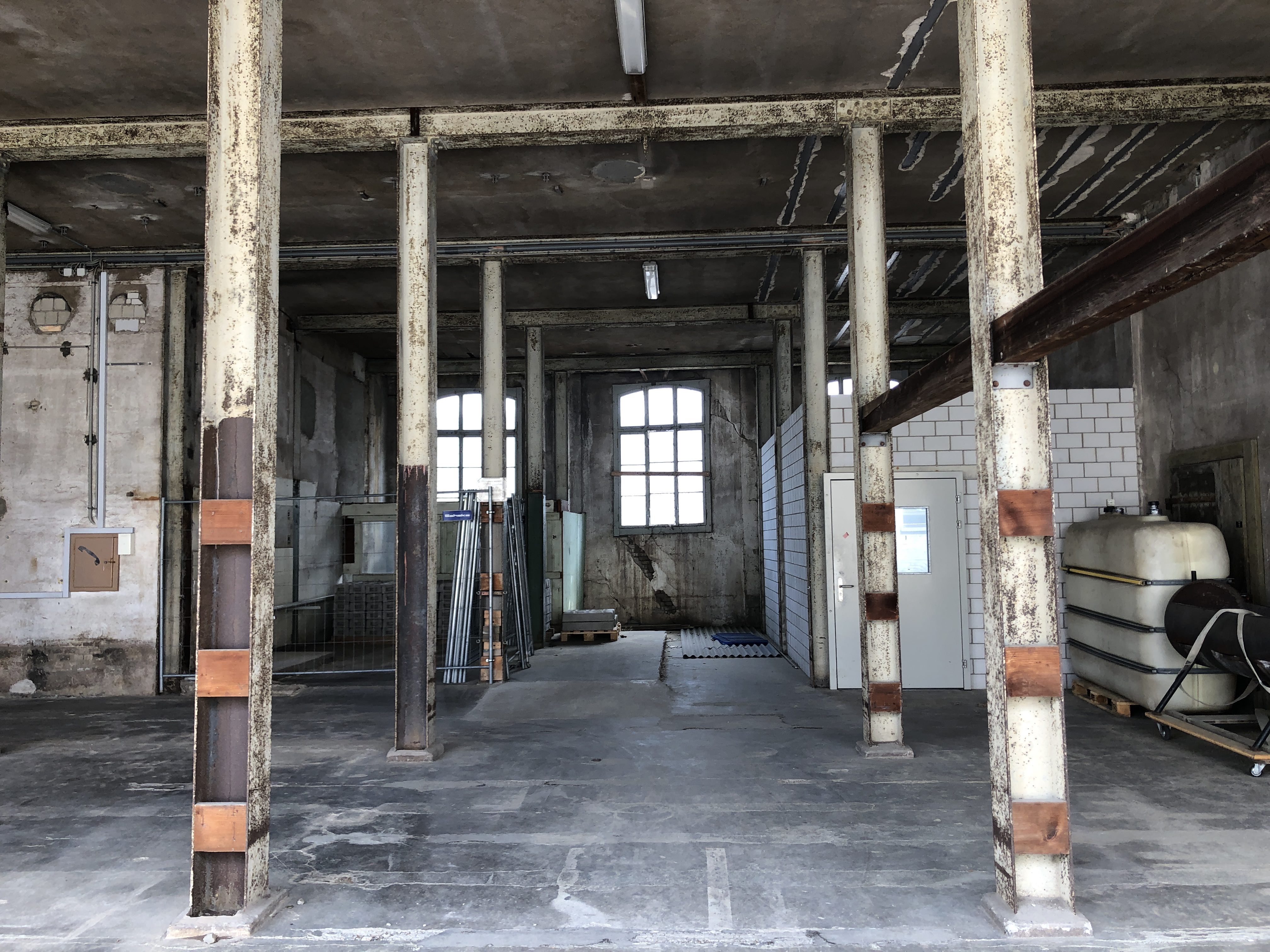
The Al(t)chemie festival will take place on July, 4 and 5 in the closed down chemical factory of Uetikon am See.
On both days there three concert blocks will start at 15h00 and given the current corona situation, the audience is kindly asked to register.
Due to the great demand, the Digital Concerts will continue until the end of August.
Al(t)chemiefestival, Digital Concerts, Stefan Wirth, Dominique Girod, Nils Wogram, Kappeler-Zumthor, Karolina Öhman, Isa Wiss, Sophie Krayer, Tobias Gerber/Ensemble Werktag, Philipp Schaufelberger…
Neo-Profiles: Al(t)chemiefestival, Tamriko Kordzaia, Stefan Wirth, Nicolas Buzzi, Karolina Öhman, Peter Conradin Zumthor


